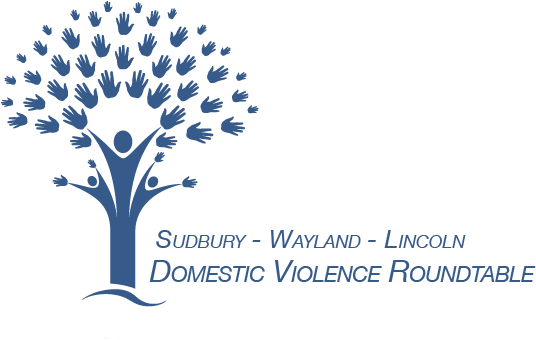Domestic Abuse & Children
Share
Adults often mistakenly think that children aren’t aware of much of what happens in the home, particularly if the child is very young or is non-verbal, has gone to bed before an incident occurs, or is involved in an engrossing or distracting activity. While that is sometimes the case, children of all ages often see, hear, or sense much more than adults realize.
Children have a wide range of emotional and behavioral responses to abuse. Some act out, some do their best to become invisible, and others strive to be perfect in hopes that will keep the adult causing harm happy and calm. Some try to intervene and protect the adult who is being harmed, some hide or leave, and others blame the person who is being harmed, taking a side in order to try to keep themselves safer or make sense of why it must be okay to treat another person that way. Many children also worry that they are partly or entirely at fault for the abuse, even though it is most definitely not their fault.
Abuse does not have to be directed at children to have a profound effect on them. It is extremely difficult, if not impossible, for a child living in a home where an adult is being harmed to feel safe even if they themselves are not the immediate target of physical and/or emotional abuse.
Well-meaning friends and family members often point to the effects of abuse on children to pressure someone into leaving an abusive individual. People experiencing harm, however, recognize that trying to end a relationship with an abusive partner is often complicated and
even dangerous. Friends and family might not know that in the past, the person causing harm might have threatened to...
- Harm their partner if they ever tried to leave.
- Tell the judge determining custody/parenting time things that may or may not be true about their partner’s mental health, substance misuse, or parenting skills.
- Hide and withhold all money and financial support.
- Reveal private and damaging personal information about their partner to family or friends.
- Harm themselves.
- Harm pets.
- Contact immigration officials.
- Stalk the person relentlessly and unpredictably for the foreseeable future.
- Carry out any number of other threats to their partner’s safety, wellbeing, and financial security.
If you are being harmed by your partner, you can find information about supporting your children on this page of The National Domestic Violence Hotline’s webpage.
If you are supporting someone you are concerned about, keep in mind that pressuring that person to leave for the sake of the children often just further alienates the person experiencing harm from those who want to help. Other sections of this website discuss in greater detail the challenges of deciding whether to stay with an abusive person or leave the relationship. Please click here (ADD LINK to page about supporting someone else) for more information about ways to support someone you care about.
